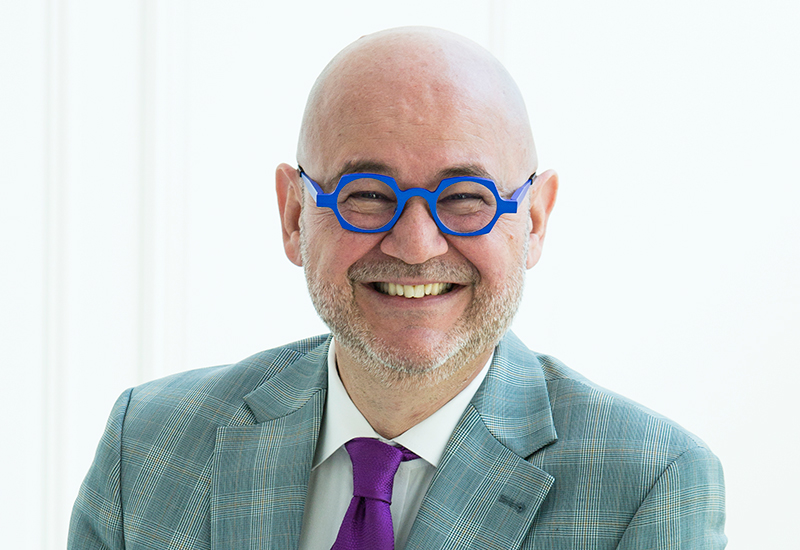Describing the situation in Egypt as possessing “quite an interesting model”, Manikis says: “We’ve got Egyptians selling to Egyptians in Egypt, so it’s a very homogenous local market.” He goes on to add that despite the occasional geopolitical hiccups erupting in the region, the Egyptian market has actually proven to be “very resilient”.
According to Manikis, the product’s reliability during challenging times is one reason why large hospitality companies like to have a vacation ownership arm. “In general, we are a very resilient product. No matter what the geopolitical climate may be in any given region, timeshare owners will always feel their timeshare units are home. That’s why you see all the big hospitality companies have a vacation ownership concept, for example, Disney, Marriott, etc. Everybody is involved in this space. Why? Because timeshare is a very resilient product.That product provides a lot of cashflow and brands can create a very strong sense of loyalty among members, resulting in repeat business and a steady income.”
“We are a segment of the hospitality sector that is not widely known but we provide comfort to a lot of these big brands,” Manikis asserts.
When questioned about potential barriers to entry and development in the Middle East, Manikis cites the current lack of legislation, the need for more diverse quality products as well as growth in disposable income and destination airlift.
“You need a market that is thriving, lots of people with disposable incomes, and you need the airlift,” he says, continuing: “We have a saying in the hospitality business in general: follow the plane. Where the plane lands, there will be buyers. Let’s say you have the best products in the world but nobody flies there.What are you going to do?”
While qualifying that in other parts of the world, the timeshare exchange concept has expanded, from solely targeting families in the past and now catering to diverse segments, with millennials and couples buying timeshares and signing up for an exchange network, Manikis concedes that in the Middle East, families, especially middle-class families, still comprise the predominant customer base. He is particularly enthused about Dubai’s transformation as a tourism destination, with its emphasis on family-friendly attractions and affordable accommodation.
On the buy-side in the Middle East, Manikis cites RCI’s partnerships with companies such as India’s Mahindra conglomerate as particularly successful in targeting non-resident Indians, as well as Arabian Falcon Holidays, which he credits with an effective sales presence for timeshare projects in Dubai as well as elsewhere in the region and overseas.
On the supply-side, Mainkis circles back to the earlier question pertaining to barriers to entry and development and brings up the regulatory environment (or lack of) for the sector in Dubai.
“Once you’ve got the legislation, once you’ve got the rules, for sure all the big players, Emaar, Damac, all these real estate players will want to come in and say, ‘you know what? It’s time to look at timeshare as an option’,” he says.
He points out: “All this supply is coming into the market, for which you have to find alternative products: fractional use, vacation ownership, condo hotels. I think in this market, every single concept within the hospitality industry will have a role to play. One size does not fit all. As the destination matures, products also need to diversify.”

| Advertisement |










 Search our database of more than 2,700 industry companies
Search our database of more than 2,700 industry companies









